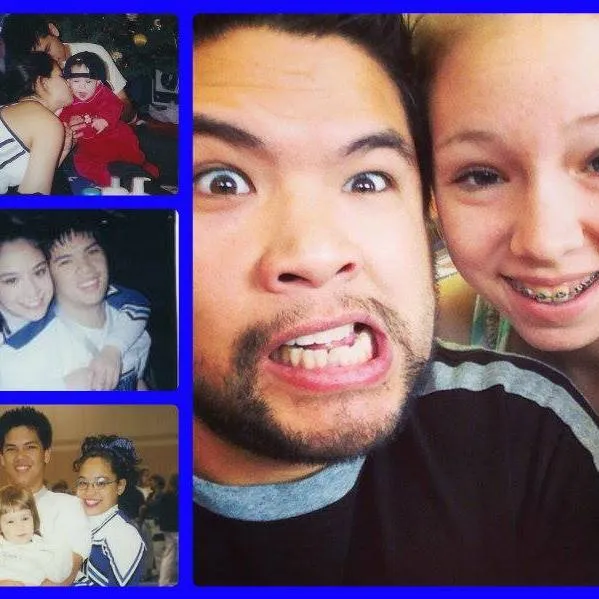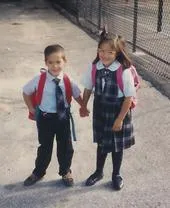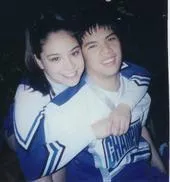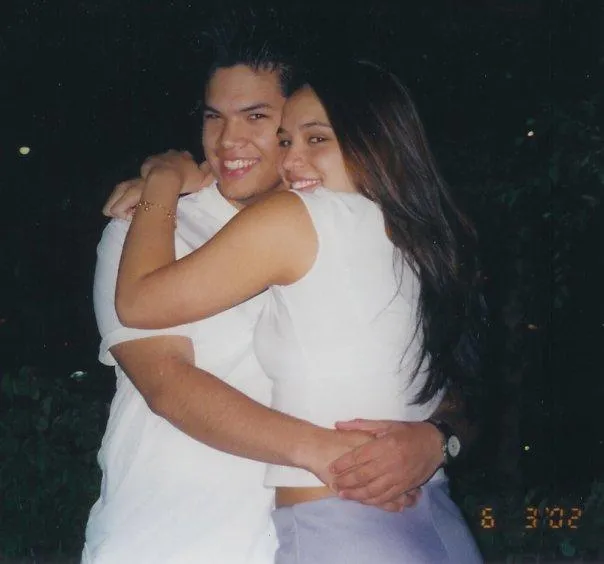You’re not wrong for still grieving.
Grief can get stuck in the body.

Hi, I’m Stephen.
I’m here for the ones who were told to “stay strong” while their own hearts were breaking.
For the siblings who took care of their parents… their families… everyone else.
For the ones who lost a brother or sister — and felt like no one noticed.
That was me, too.
I survived the car accident my sister died in when I was 16 and she was 18.
There was no roadmap. No one asked how I was doing.
They checked on my parents. They tiptoed around the subject.
They told me I was “so mature.”
But I was grieving, silently. And no one could see it.
Sibling grief is often invisible — but it changes everything.
It can shift how you show up in relationships.
It can dull joy, even years later.
It can live in your chest, your stomach, your breath… without a single word being spoken.
Maybe you've felt that.
Like you’re performing “okay” while carrying something enormous inside.
Like part of you was lost, too — but no one saw that part.



Why I created this space
I’ve spent over 20 years in grief work.
And through every training, every client, every modality, one truth kept rising:
Sibling grief is unique — and underacknowledged.
There are few spaces built for us.
Few places to speak our sibling’s name.
Few places to just breathe, be, and not have to explain why you’re still hurting.
So I created one.
A space that honors your body’s wisdom.
A space where you don’t have to perform, explain, or relive every detail to be supported.
A space where grief is allowed to move — gently, slowly, without needing words.
You don’t have to talk your way through it.
Grief doesn’t live only in your thoughts. It lives in your body — in the tight chest, the held breath, the clench in your jaw.
You don’t need to perform your pain.
You don’t need to rush to “get back to normal.”
You just need space to let your body release what it’s been holding.
This is that place.
If this speaks to you…
You can learn more about The Unspoken Path Community created for siblings by a sibling
Your sibling matters. And so does your grief.
You’re not alone anymore.
Email: [email protected]